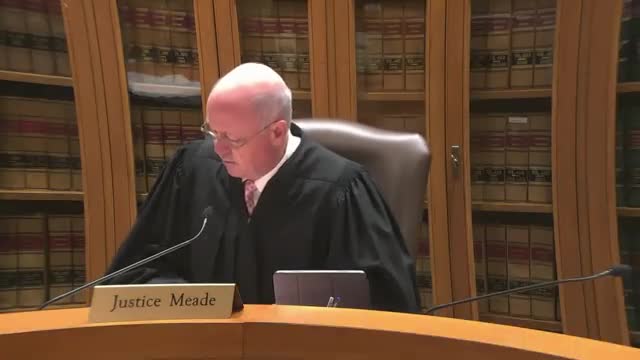Article not found
This article is no longer available. But don't worry—we've gathered other articles that discuss the same topic.
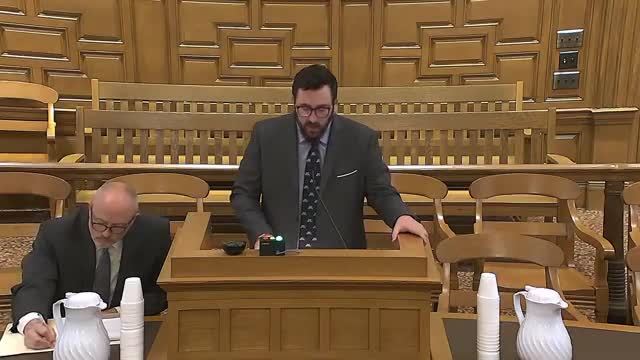
Appeals court hears dispute over stormwater design, maintenance and municipal immunity in Barnstable case
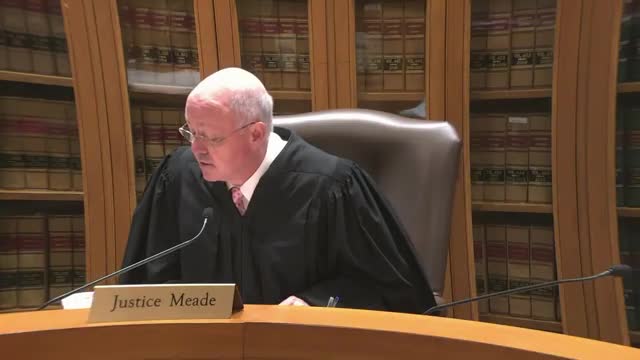
Appeals court reviews immunity for defense-contractor reports in Missler v. Lockheed
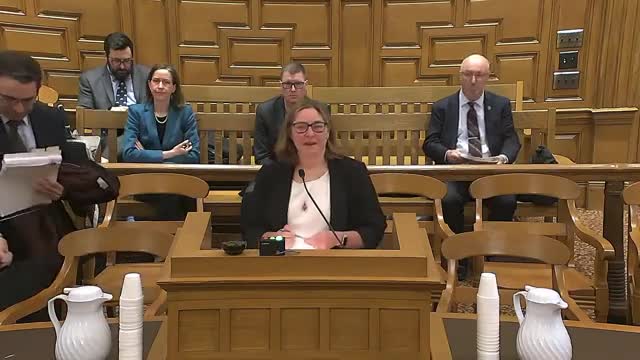
Appeals panel hears dispute over DCF reasonable-efforts finding and missed parenting time
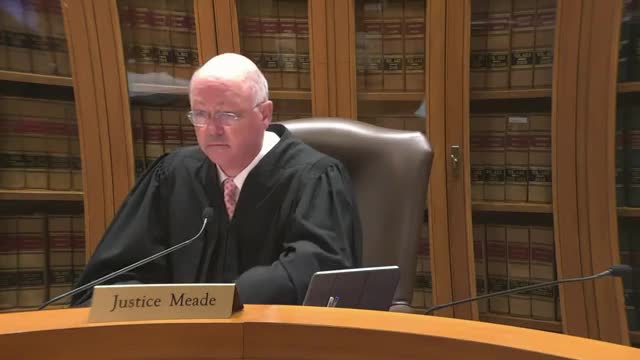
Appeals court considers whether clerk's reference to officer swearing complaint created substantial risk of miscarriage
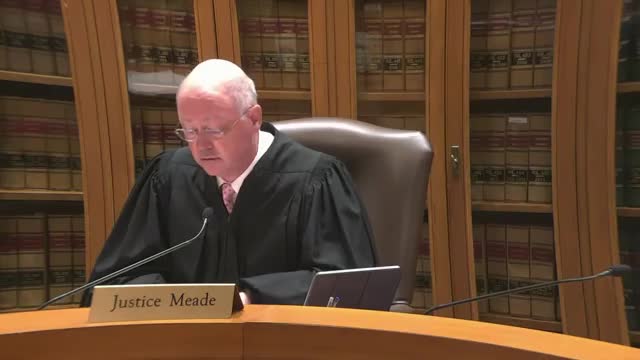
Appeals court weighs whether refusing mask and not leaving courthouse met disorderly conduct
